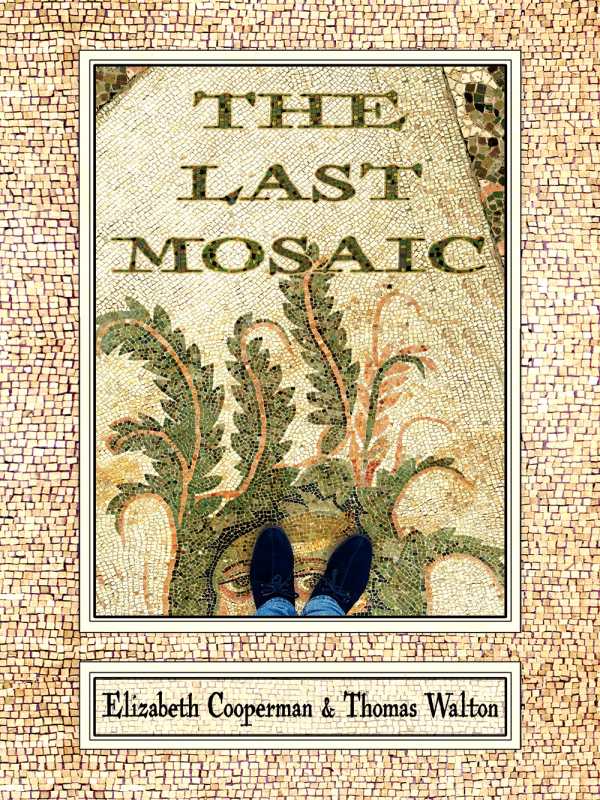The Last Mosaic
“A fragment defies the mind’s impulse to make things whole. Defies it, and entices it,” and from just such fragments, Elizabeth Cooperman and Thomas Walton cobble together a hybrid work—parts travel journal, memoir, lyric essay, and prose poem. The authors take Rome as their muse, exploring its history, art, architecture, and famous dead to create a new palimpsestic work that enriches the bounty that Rome has inspired.
The concept of the fragment is introduced early on. Art includes many iterations of fragments, all parts of wholes—from vellum scraped and written over again to mosaics to photographs and memories. The historical voices of Plutarch, Lucian, Keats, and Shelley are overlayed with those of Lyn Hejinian, Sarah Manguso, and Anne Carson. Rome comes into focus as a result of history, art, etymology, and experience all overlapping.
Repetitive elements weave throughout the book’s poems; they take on additional resonance as they return and juxtapose with their present positions as well as their pasts. The book’s form reinforces the notion that many Romes coexist.
The authors suggest that the presence of beauty depends on one’s lens and perspective. Dying Keats, dying Nero, and murderous Romulus all become a mode of seeing. The Coliseum has seen both Paul McCartney and the gladiators; their histories intertwine. Just as Rome is home to many, it is utterly exotic to others; each of these ideas threads through the book’s meditations, which offer critiques and praise of both contemporary and ancient life. Occasionally, the writers end their poems with unnecessary and didactic questions comparing the two.
The book can be read as a series of poems or as a number of vignettes. But it is perhaps most useful to consider it by its own terms: as fragments that are beautiful in and of themselves, and which also function as a sum greater than its parts.
Reviewed by
Camille-Yvette Welsch
Disclosure: This article is not an endorsement, but a review. The publisher of this book provided free copies of the book to have their book reviewed by a professional reviewer. No fee was paid by the publisher for this review. Foreword Reviews only recommends books that we love. Foreword Magazine, Inc. is disclosing this in accordance with the Federal Trade Commission’s 16 CFR, Part 255.

